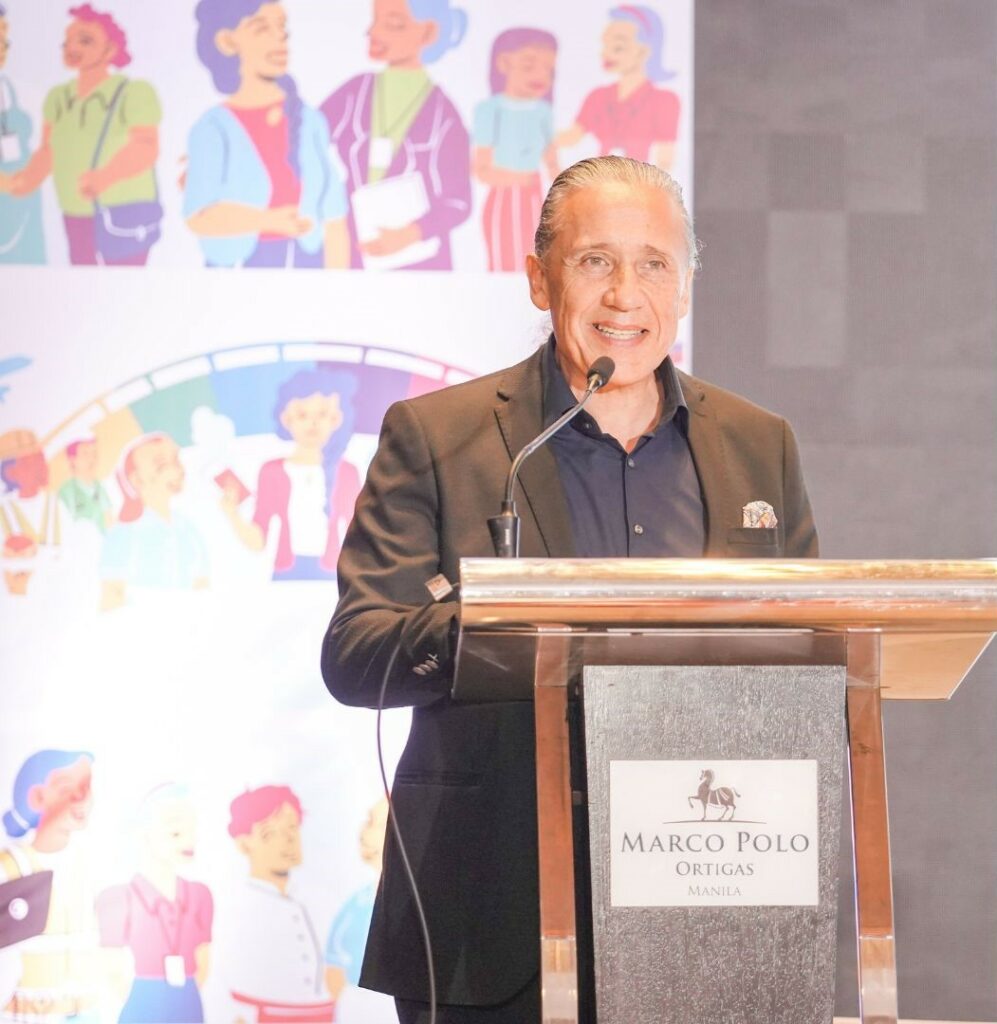A two-and-a-half year multi-sectoral partnership among the United Nations (UN), the public and private agencies and organizations has recently culminated, reporting significant gains in protecting Filipino migrant workers through progressive labor migration policies and practices.
These agencies include the International Organization for Migration (IOM), the International Labour Organization (ILO), the United Nations Entity for Gender Equality and Women Empowerment (UN Women), Department of Foreign Affairs (DFA), Department of Migrant Workers (DMW), Overseas Workers Welfare Administration (OWWA), Local Government Units (LGUs), Private Recruitment Agencies (PRAs), Connected Women, Blas F. Ople Policy Center and Training Institute, and the Atikha Overseas Workers Communities and Initiatives, Inc.

The partnership called Bridging Recruitment to Reintegration in Migration Governance: Philippines (BRIDGE) supports the country’s commitment to the Global Compact on Safe, Orderly and Regular Migration (GCM), specifically its objective of facilitating fair and ethical recruitment and safeguarding conditions for decent work and cooperating to facilitate the safe and dignified return of migrants as well as sustainable reintegration.
“BRIDGE was designed to strengthen labor migration governance in the Philippines,” said Gustavo González, UN Resident Coordinator in the Philippines.
“Migration governance refers to how the Philippines deals with the challenges and benefits of migration, including the protection of migrants’ rights throughout their migration journey—starting from recruitment to their return and reintegration in the country,” added Gonzalez.
With support from the BRIDGE Programme, the Department of Migrant Workers Affairs was able to promote progressive labor migration policies and practices that will intensify fair and ethical recruitment at the national and local levels informed by international standards.

Labor migration agencies conducted localized capacity-building training sessions through the BRIDGE Programme. These included sessions on digital literacy to help aspiring Filipino migrant workers avoid online job recruitment scams and human trafficking.
The BRIDGE Programme also prioritized the reintegration of migrant workers. Reintegration refers to the multi-dimensional process of migrants in re-establishing their economic status, social structures, and psychosocial relationships in their communities of origin after working and living abroad. From the side of duty-bearers, it may involve providing various forms of assistance and resources to help them readjust and resume their lives back home.
With support from the BRIDGE Programme, the local government of Quezon City also established the first-ever Migrant Worker Resource Center (MRC) in Metro Manila which serves as a one-stop center for migrant workers and returnees.
“With the help of our international and domestic partners including the religious sector, we [the Quezon City Government], have managed to put together a comprehensive program for our overseas workers with special attention of mitigating the social cost of migration through a menu of services that covers a full migration cycle,” said Quezon City Mayor Joy Belmonte.

Through the MRC, the Quezon City government, with support from BRIDGE, is facilitating jobs and livelihood opportunities for Filipino migrant workers, returning workers, and their families.
Belmonte added the local government unit’s priority now is providing transportation, medical, and referral support to 20,000 distressed returning migrant workers.
The BRIDGE Programme was funded by the UN Migration Multi-Partner Trust Fund (MPTF). Committed to safe, orderly, and regular migration, the MPTF supports the adoption and implementation of the Global Compact to encourage the uptake of migration approaches that benefit communities of origin, transit, and destination, as well as migrants.


